How Trusting My Intuition Started
It was a sweltering Tuesday in July, and I was sprawled on my threadbare couch, staring at a rejection email that landed like a sucker punch. “We regret to inform you,” it began, the same tired rejection I’d seen too often. I’d been chasing another corporate job I didn’t even want, all because everyone around me, my parents, my friends, my ex, kept shoving me toward it. But that night, something snapped. Trusting my intuition felt like my only lifeline, a way to claw out of the chaos. At 29, I was a tangled wreck, a puppet jerked around by voices that didn’t understand me.
My phone buzzed relentlessly. Mom’s voice cut through: “You can’t keep drifting like this.” My best friend Lisa texted, “Just take the retail job; it’s better than nothing.” My ex, Tom, who still thought he owned me, wrote, “Grow up, Jen.” Their words crashed over me like a storm, nearly drowning this quiet, persistent whisper I’d ignored for years. It murmured, “This isn’t your life. You’re meant for something bigger.” I’d been painting since I was a kid, not prim little landscapes, but raw, chaotic art that spilled my soul onto the canvas. The world sneered, though. “Artists starve,” they warned. “Get a real job,” they insisted. So I did, slogging through call centers and cubicles, plastering on fake smiles while that whisper faded. But that night, it surged back, loud and unshakable.
When I Ignored the Doubters
I didn’t sleep a wink. That rejection email glared at me from my laptop, but instead of despair, I felt a jolt of liberation, like the universe had kicked open a cage. I grabbed my sketchbook, my hands shaky as I sketched a woman shattering chains, her face fierce and free. By sunrise, I’d decided: I was trusting my intuition, even if it meant diving into the deep end with no lifeline.
I quit my barista job that morning, my voice steady despite the knot in my stomach. My boss laughed, a dry, mocking sound. “You’ll be back when the rent’s due,” he said, leaning against the counter with a smirk. Mom called an hour later, her voice trembling with panic: “You’re throwing your future away, Jen! What are you even thinking?” I could hear her pacing, the floorboards creaking through the phone. Lisa met me for coffee that afternoon, her eyes wide with skepticism. “Good luck, I guess,” she said, stirring her latte. “You’re gonna need it, a lot of it.” Their doubt was a wall, tall and cold, but I didn’t need their permission.
I sold my TV that same week, the guy from Craigslist haggling me down to $50. I cashed out my pitiful savings, barely enough to cover a month’s groceries, and bought paint: tubes of crimson, cobalt, and gold that shimmered like tiny miracles in my hands. My cramped apartment morphed into a chaotic studio, canvases leaning against every wall, the air thick with turpentine and possibility. For weeks, I painted like a woman possessed. I’d wake at dawn, brew the cheapest coffee I could stomach, and lose myself in color and texture until the streetlights blinked on outside. My hands were perpetually stained, my clothes splattered, but I felt alive, electric.
I posted my work on Instagram, not expecting much, just a flicker of hope in my chest. Days passed with little more than a few likes from friends. Then, late one night, a message popped up: “Your art’s got soul. I’m a gallery owner. Can we talk?” My heart thudded so hard I thought it might crack a rib. I reread it five times, convinced it was a scam. But it wasn’t. Was this what trusting my intuition felt like, a wild, improbable door swinging open?
The Night My Leap Paid Off
The gallery opening was a whirlwind of nerves and cheap wine. My paintings hung on stark white walls, bold and unapologetic, each one a piece of me laid bare. I hovered in a thrift-store dress, its hem slightly frayed, feeling like a fraud among the artsy crowd sipping their drinks and murmuring in low tones. I’d spent the day before pacing my apartment, rehearsing what I’d say if anyone asked about my work, but now my mind was blank, my palms sweaty. A man in a sharp suit approached, eyeing my biggest piece, a swirl of red and black I’d poured my heart into after a sleepless night. “I’ll take it,” he said casually, like he was buying a coffee. “Two thousand dollars.” I nearly dropped my plastic cup of pinot, my voice catching as I stammered, “Seriously?” He nodded, already pulling out his wallet.
By the end of the night, four more sold. Strangers buzzed around me, their voices a hum of curiosity. “How’d you break through?” a woman with silver earrings asked, her head tilted. I shrugged, still dazed. “I started trusting my intuition,” I said, and she nodded like I’d unlocked some ancient riddle. To me, it was just the truth, messy, hard-won truth. I left the gallery with a check in my pocket and a lightness I hadn’t felt in years, the city lights blurring past as I walked home, replaying the night in my head.
The next morning, my inbox was a flood, commissions from local businesses, a podcast invite from some art blogger I’d never heard of, even a mural request from a trendy café downtown. Lisa texted, “Okay, you’re officially amazing. I can’t believe it.” Mom left a tearful voicemail: “I’m so proud, Jen. I didn’t see this coming, I’m sorry I doubted you.” Tom, predictably, chimed in: “Guess I underestimated you.” Their praise felt warm, but it didn’t light me up anymore. Trusting my intuition had given me something they couldn’t touch, a compass that pointed to my own north star. It echoed a story I’d read on Awakening Wisdom, What I Learned After Losing Everything, where letting go of the old cracked open something truer.
Facing the Dark Days
It wasn’t all golden moments, though. There were brutal weeks when I stretched $10 across seven days, eating instant noodles and praying the power wouldn’t get cut off. I’d lie awake, listening to the hum of the fridge, tallying bills in my head, rent, paint, food, and wondering if I’d misheard that whisper. One month, I came up $50 short and had to pawn a necklace my grandma gave me, a cheap silver thing with a tiny star pendant. The guy behind the counter barely glanced at it, sliding me a crumpled bill like it was nothing. I walked out with tears stinging my eyes, feeling like I’d sold a piece of myself.
Nights were the worst. I’d sit in my cluttered studio, staring at a blank canvas, my hands frozen, the paintbrush heavy as lead. Doubt crept in like damp rot, fear of failing, fear of proving them right, fear that I’d gambled my life on a pipe dream. I’d pace my tiny apartment, the floor creaking under my bare feet, replaying their warnings: “You’ll starve,” “You’re reckless,” “This won’t last.” The whisper grew faint, drowned by that chorus of what-ifs. But then I’d catch sight of my paintings, those fierce, honest strokes, and feel that fire flicker back. One rainy evening, I sat cross-legged on the floor, surrounded by half-finished canvases, and sobbed, not defeat, but release. I wasn’t just fighting for art; I was fighting for me.
That night, I painted through the tears, my brush slashing blue and gold across the canvas like a storm breaking open. When it dried, I posted it online, too tired to care. A month later, it sold for more than my old monthly rent, the buyer emailing me: “This hit me in the gut. Name your price.” Trusting my intuition wasn’t a fairy tale; it was a slog through mud and shadow. You trip, you bleed, but you keep going because it’s yours.
Why Trusting My Intuition Matters
Looking back, it’s painfully clear: the loudest voices don’t always know best. Mom wanted me safe, Lisa wanted me practical, Tom wanted me small. They weren’t wrong for them, they just weren’t right for me. Trusting my intuition isn’t about rebellion; it’s about sifting through the clamor to hear what’s true for you, even when it’s terrifying. That whisper? It’s your soul’s compass when the world’s map is torn to shreds.
A year later, I was teaching art workshops in a community center, selling prints online, and saving for a bigger studio with a window that didn’t leak. I wasn’t drowning in cash, but I was rich in purpose, awake in a way I’d never been. People called me brave, but I didn’t feel brave, I felt alive. The wisdom here is raw and real: your gut knows you better than anyone else ever will. It’s not loud or pushy; it’s a quiet pull toward what’s yours. When I stopped chasing their “shoulds” and followed my own “coulds,” I didn’t just find a career, I found myself. That’s the power of trusting my intuition: it doesn’t promise easy, but it promises truth. So when the crowd screams, listen closer. That whisper might just rewrite your life.


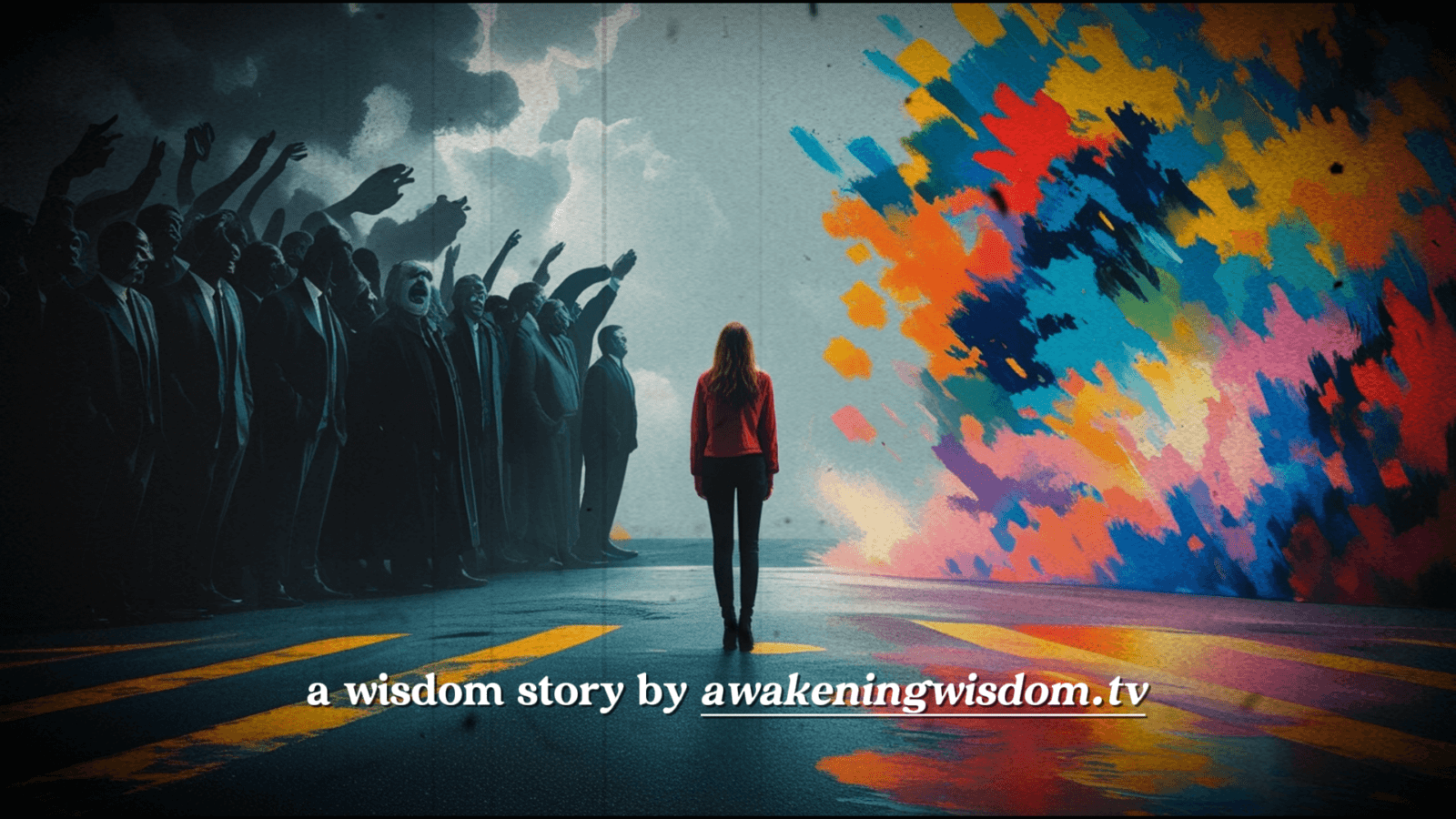
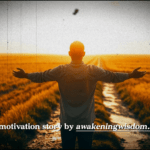
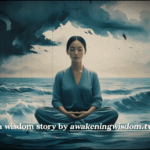
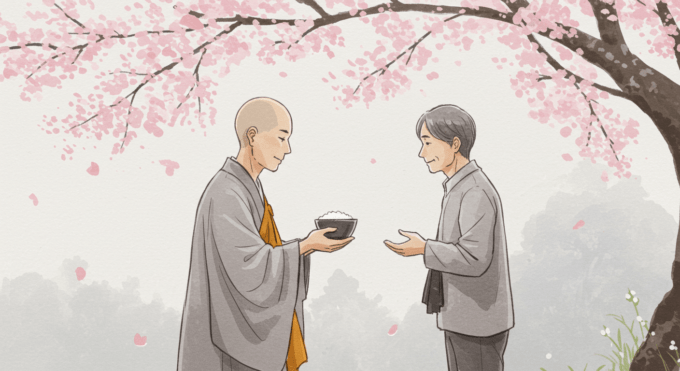
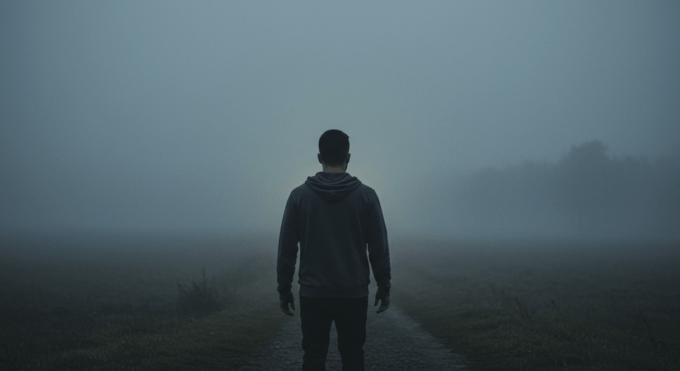
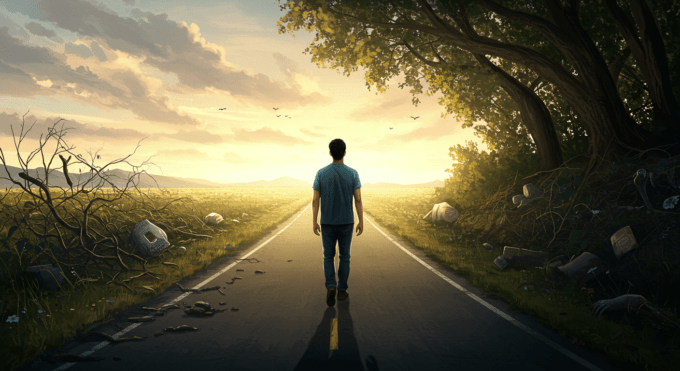
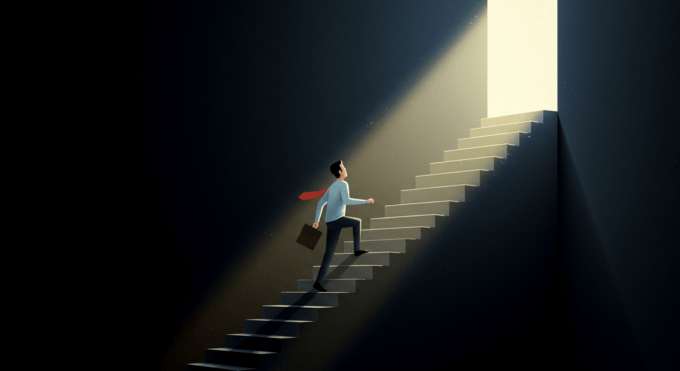
Leave a comment